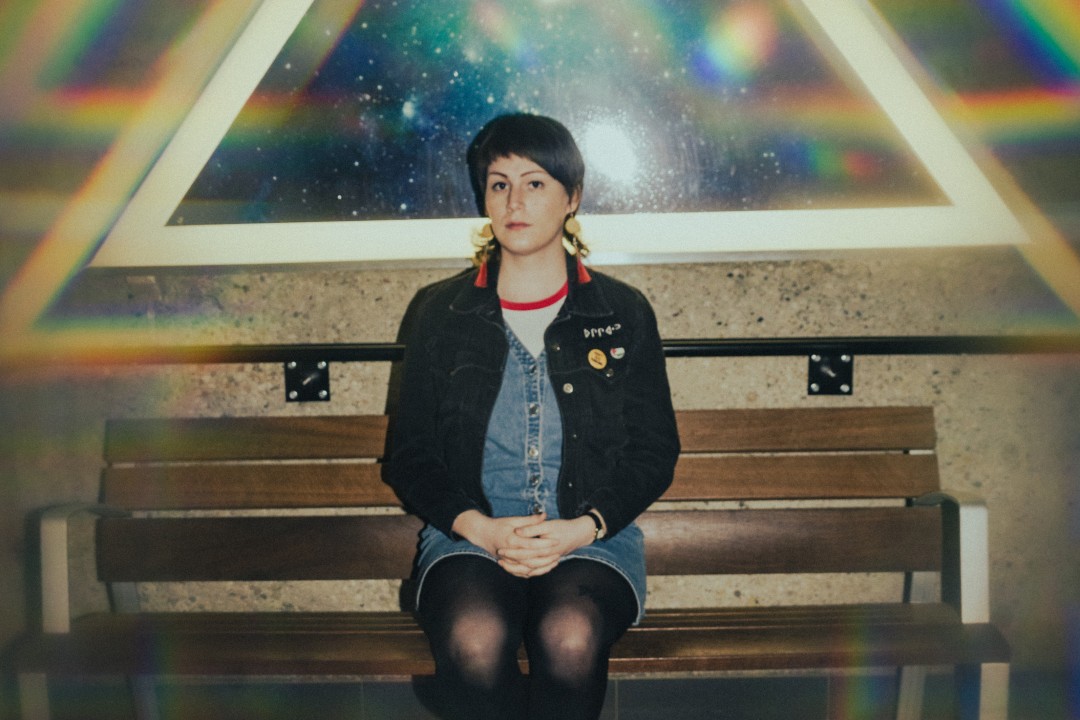
Why one musician has joined many others who aren't touring the U.S.
Independent recording artist Cassia Hardy is part of a growing number of performers who are reconsidering booking gigs in the United States, and even trying to build American audiences.
"(When I think about) the struggles and the inhumanity that migrants trying to enter the United States face, it makes me sick to think about personally participating in that system," Hardy told Taproot. "I just got less and less comfortable with giving really any amount of money to the American government, to say nothing of the fact that they (now) scrape all your socials, and if they don't like the cut of your jib, they just won't let you in regardless."
Artists from Alberta, Canada, and beyond have expressed increasing concern about playing for American audiences due, in part, to the radicalized political climate in the country since President Donald Trump took power, and in particular to specific discrimination and targeting, including discrimination based on gender identity.
For example, Robert Adam, a non-binary musician from Calgary, recorded their latest album in Nashville but won't perform the new songs in the U.S. due to fear they'd need to hide their authenticity thanks to an executive order by Trump, which declared there are only two, immutable sexes in January.
Musicians also face growing costs and wait times for visas to enter the U.S., and the anxiety created by increased scrutiny and potential detainment at the U.S. border.
Hardy said her concerns about American policies aren't unique to the Trump era. She and her bandmates in her former project, Wares, almost paid $US400 per person, plus a rush fee, to obtain work visas to tour the U.S. in 2020. Hardy said the group found both the expense and rigorous process disheartening. The band did not ultimately submit applications, and Hardy said they dodged a bullet because COVID-19 restrictions would have killed the tour anyway.
Still, Hardy had choice words about how this hurdle negatively affects artists and vulnerable populations.
"I think it's bullshit," she said. "I am angry about it. It prevents cultural exchange."
Also in 2020, Wares released the song Living Proof about the experience of receiving gender-affirming care. She dedicated the song to trans people and their perseverance.
Since then, The Human Rights Campaign, one of the largest LGBTQ+ advocacy groups in the U.S., has mapped the 26 U.S. states that have passed legislation to ban gender-affirming care.







